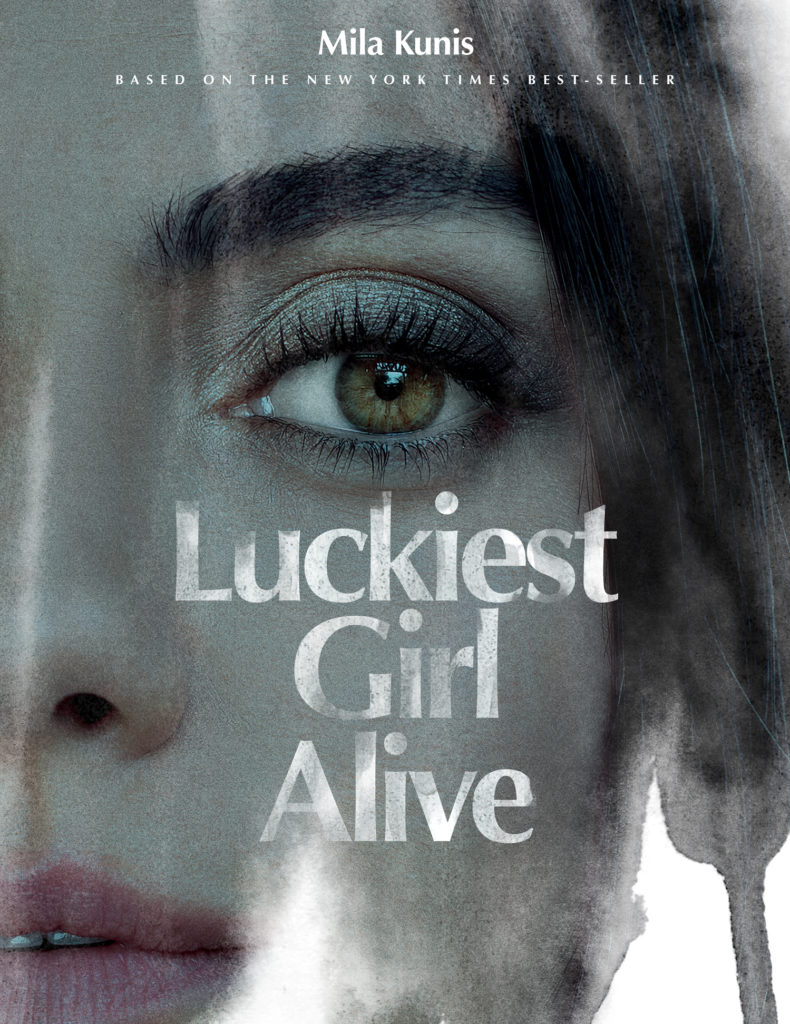“Luckiest Girl Alive”, one of Netflix’s most recent film releases for October, is based on a novel of the same title by Jessica Knoll. It follows the story of TifAni “Ani” FaNelli (Mila Kunis) a successful, beautiful, and high-functioning woman, who’s engaged to Luke, a member of the rich and affluent society as they live through their seemingly perfect, novel life.
The film, paced and shot like a psychological thriller, follows the narrative flow of Ani’s internal monologue, shifting back and forth between her arduous time as a scholarship student in an elite private school, and her current life as a journalist for a magazine. As the movie unfolds, more details about her traumatic past become apparent, and it becomes clearer that the paranoia, anxiety, and habits the current Ani exhibits are deeply rooted in the events of her past. Ani is then approached by a documentarian, who requests for her cooperation to uncover the truth behind her enigmatic past and its true events, as Ani tries her best to navigate the best possible actions for her to keep her life how she wants it.
Although there are a few things viewers will find lacking, confusing, or disorienting about the movie’s plot or cinematography, the film does an excellent job at holding the viewer’s attention with the dynamic sequence of storytelling focus and time shifts between her present and past. The visuals are matched with well-timed sound effects and points of emphasis that shift into a flashback explaining current Ani’s reactions and behavior to her surroundings, the audience is thrown into a rollercoaster, shuffling between seemingly normal scenes and gut-wrenching ones. Some are very triggering in nature, especially to people who’ve been through similar situations.
The plot itself is a story that takes a closer look into vindication, the effects of trauma, and the experiences of someone who has lived through horrifying events. Mila Kunis’ performance from intense to subtle scenes further enhances the driven, anxious, and manic energy her character carries, as she does her absolute best to keep everything together and perfect. Chiara Aurelia’s great performance portrays the uneasiness, reluctance, and troubled younger Ani as the incidents around her unfold and she lives through the troubling events, making it easy to empathize with her struggle and experience.
The film’s use of internal dialogue as a narrative device paired with the vicious, resentful, raw, and clever comments Ani always has cooking up in her mind, and her meticulous explanation of even the subtlest gestures to her advantage and reputation, makes for a fascinating watch. All these things combined make it difficult to stop watching no matter how difficult the scene gets.
Overall the film does a good job of portraying someone plagued by their past and trauma, not as someone typically weak or perfectly adjusted. It shows a new take on someone trying to put themselves together and secure the best life for themselves while dealing with the memories and hold of their dark past. Tense, driven, resilient, and imperfect. And crimes that some women experience and suffer from, and how it affects them as a person. As the film reaches its final conclusion of Ani overcoming her past in various ways and accepting herself albeit gradually, makes the film an interesting watch.
Other stories that you might like:
Review: Queen Latifah starrer ‘End Of The Road’ really lives up to its title
‘Tudum’: Netflix’s 24-hour virtual fan event, named after its iconic sound ID, unveils new lineup
Netflix turns 25: A look at some of the streaming giant’s questionable releases
Netflix turns 25: Take a look at the best Netflix originals ever made



